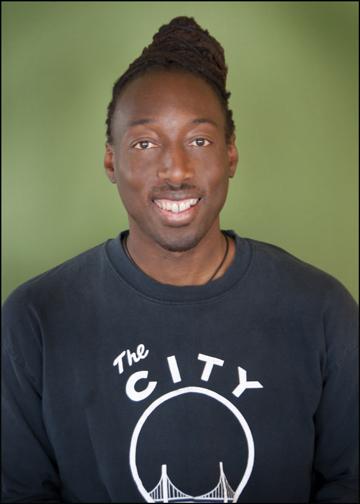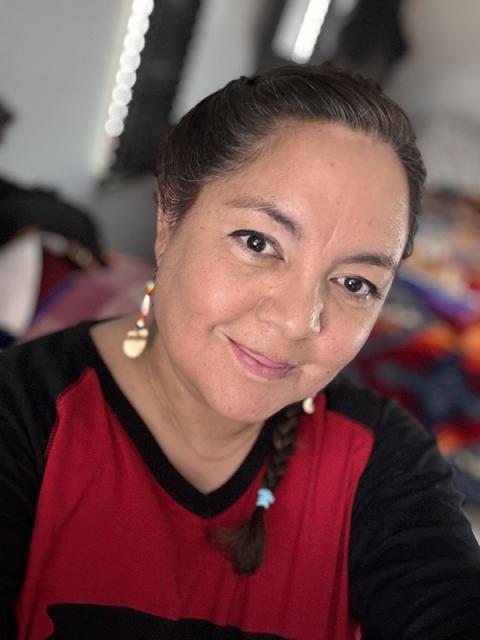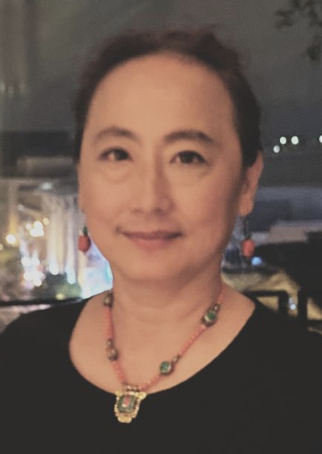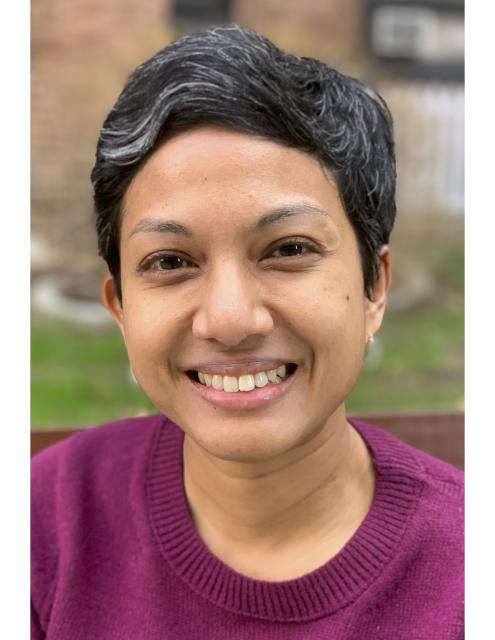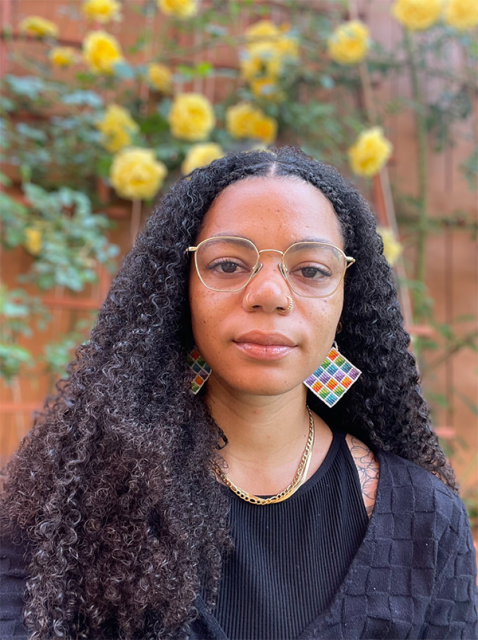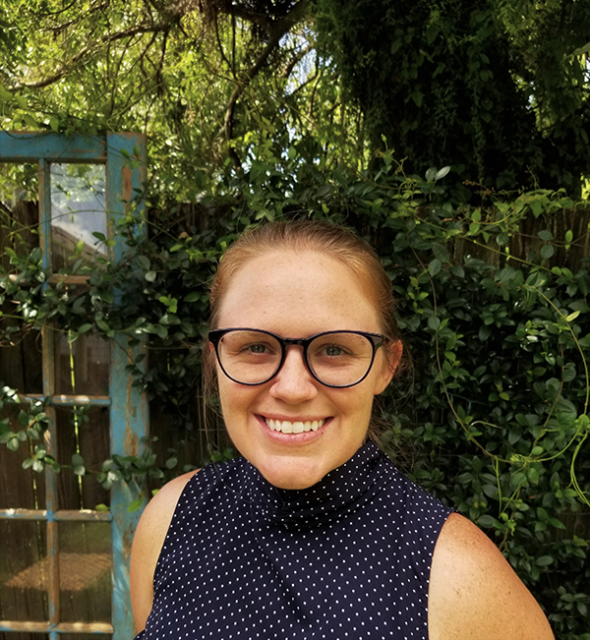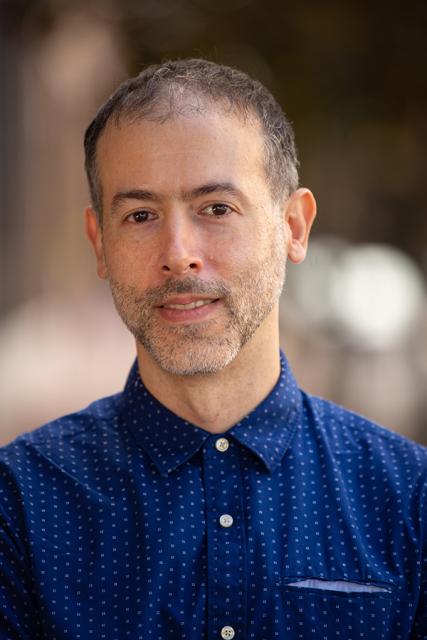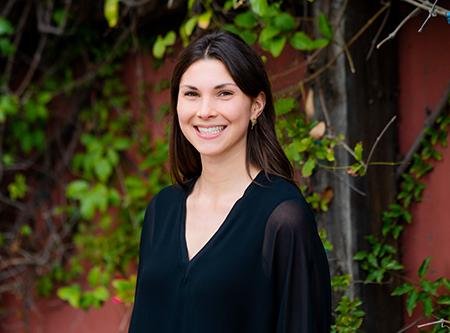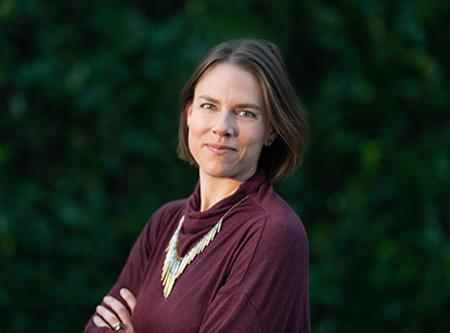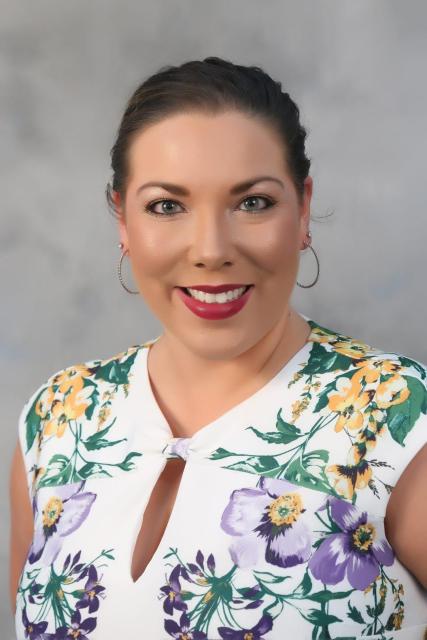The Ways of Knowing Symposia culminating event, a preconference of the 2024 Facing Race National Conference on November 20 in St. Louis, MO, marked the close of a series of collaborative events focused on fostering a more inclusive and equitable appreciation of diverse ways of understanding the world and transforming how knowledge is created, valued, and distributed in the health sciences field. The event offered an opportunity for co-learning around structural innovations for a more inclusive, anticolonial, and antiracist health science knowledge system.
The Event
In the morning, we shared insights from the series, outlined the next steps and calls to action for systemic change, and gathered participant reactions. In the afternoon, we convened with Race Forward to offer three breakout sessions on advancing racial justice research.
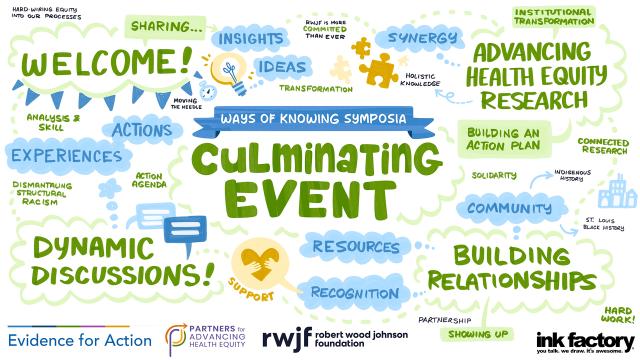
Art by Reilly Branson from InkFactory
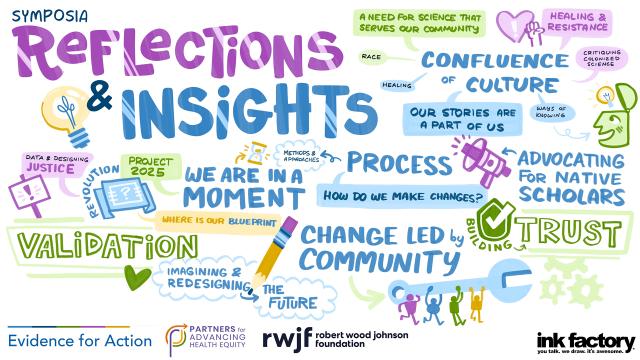
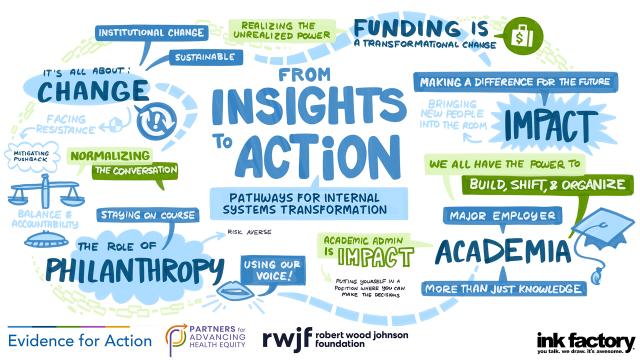
Our Speakers
Antwi Akom
Annjeanette Elise Belcourt
Claire Gibbons
Chien-Chi Huang
Fiona Kanagasingam
jaboa lake
Thomas LaVeist, PhD
Amani Nuru-Jeter, PhD, MPH
Co-Hosts
Greta Cappelmann
Omar A. Dauhajre
Natalie DiRocco
Erin Hagan
Event Coordinator
Krystin Poitra
The Ways of Knowing Symposia Series
Learn more about the Ways of Knowing Symposia Series by watching a recording of the kickoff event and checking out the virtual notes from the same session.
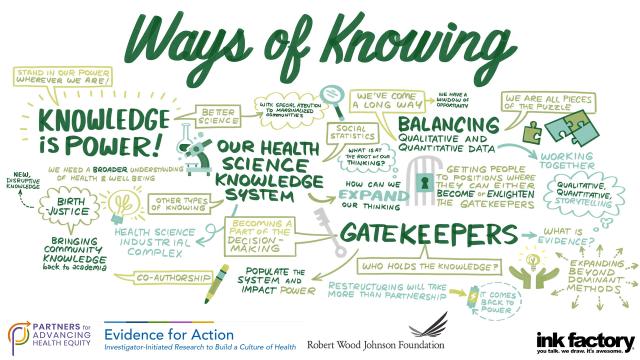
Art by Reilly Branson on behalf of Ink Factory
Recording of the Ways of Knowing Symposia Kickoff, a hybrid event recorded on March 7th in New Orleans, LA.
